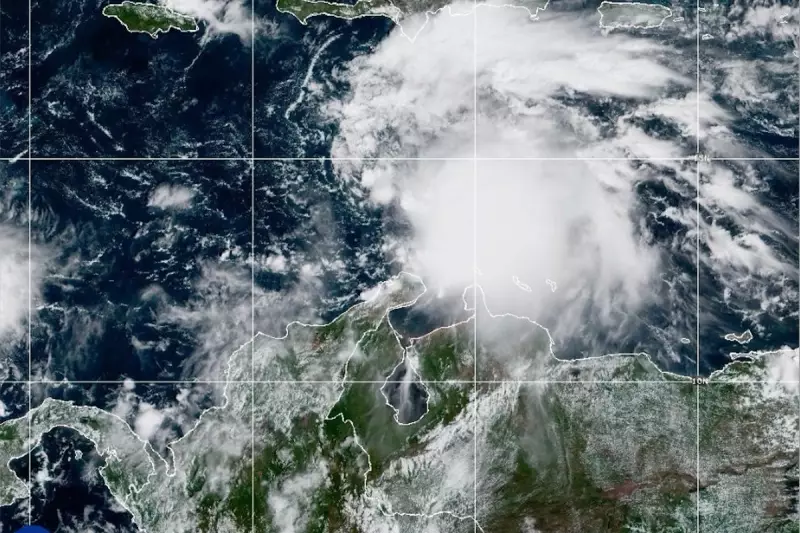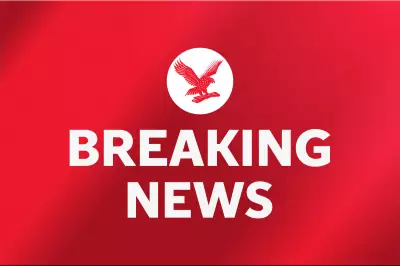
The Caribbean nation of Haiti is grappling with an escalating humanitarian catastrophe as rampant gang violence triggers mass displacement and widespread suffering across the island of Hispaniola.
According to recent reports, heavily armed criminal factions have seized control of approximately 80% of Haiti's capital, Port-au-Prince, creating a security vacuum that has forced thousands of desperate citizens to abandon their homes.
A Nation Under Siege
The situation has deteriorated dramatically in recent weeks, with gangs coordinating attacks on critical infrastructure including police stations, prisons, and the main international airport. This coordinated offensive has effectively paralysed the capital and left government institutions in disarray.
"We are witnessing a complete collapse of state authority," reported one aid worker who requested anonymity for security reasons. "The population is trapped between violence, hunger, and disease with nowhere to turn."
Humanitarian Crisis Deepens
The violence has exacerbated an already dire humanitarian situation:
- Over 15,000 people have been displaced from their homes in recent weeks
- Critical shortages of food, water, and medical supplies are being reported
- Hospitals are operating at minimal capacity with limited resources
- Cholera outbreaks are resurfacing in overcrowded displacement camps
The UN estimates that nearly half of Haiti's 11 million population now requires some form of humanitarian assistance to survive.
Regional Implications
The crisis is creating significant tensions with neighbouring Dominican Republic, which shares the island of Hispaniola. Dominican authorities have reinforced border security and accelerated the construction of a border wall amid concerns about spillover effects and potential refugee flows.
"We cannot absorb this crisis," stated Dominican President Luis Abinader. "Our priority must be protecting our own national security while showing humanitarian concern for the suffering Haitian people."
International Response
The international community faces mounting pressure to intervene, though previous peacekeeping missions have yielded mixed results. Regional bodies including CARICOM are attempting to broker a political solution, while the United States and Canada monitor the situation closely given its potential to trigger wider regional instability.
With Haiti's acting prime minister, Ariel Henry, stranded overseas and unable to return to the country, the political vacuum continues to deepen, leaving many to wonder when—and how—this devastating crisis might finally be resolved.





